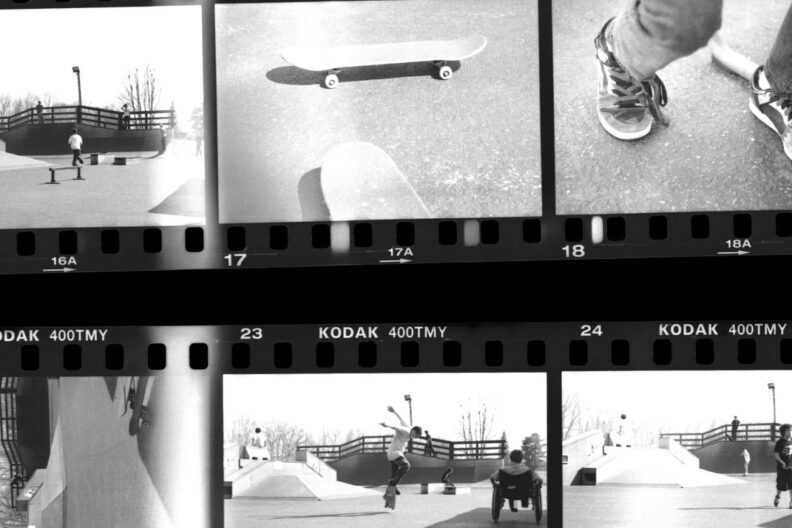‘In Between’ by Sophie Little
Crafting this digital story provided me with an opportunity to delve inside myself and really
look for the emotional driver that brought me to conservation, as well as seeing what these emotional forces were in my cohort. It was intriguing to see how each of us, building on our unique circumstances and experiences, connects different feelings to conservation practice while seeing a certain amount of overlap. By building on my existing learned skills in video making, I’ve become more practiced in skills that I envision will allow me to make myself useful in a future position. Museums like the V&A and the British Museum produce lots of videos, many featuring their conservators, which I watched when I began considering conservation as a career. At the time, we were going through repeated Covid lockdowns and I was unable to find any volunteering positions in museums, so I couldn’t get any first-hand experience or observations. These videos helped me to understand what conservation entails and why we do it, and that’s why it’s important for organisations to produce and publish them. Smaller museums that I might work at in the future would not have videography teams like the big ones, and so it would be useful for a conservator like me to have those skills.
When I started to think about conservation as a career path for myself, I thought of it initially
in very practical terms. I understood that it combined history, archaeology, chemistry, and handicraft skills. Apart from the chemistry, this combination of manual work with historical study appealed to different parts of my personality (for a while I thought there was no way I could get into conservation with my lack of talent in chemistry as a barrier, but I was convinced otherwise). The more I thought about it, the more I felt it was something that I could be really happy doing. For many years I have worked different jobs and studied different subjects, never feeling like there was a career that really worked for me until I considered conservation. After the practical reasons settled into place, I felt good about my choice but felt like I had to work backwards to establish the emotional reasons why it appealed to me. Writing this digital story helped me to see that it’s okay to come at it from that direction, and that there are many facets to my desire to work as a conservator.
When I studied photography as my undergraduate degree, we read a lot of theory, including
Camera Lucida by Roland Barthes. In his book, Barthes coined two related terms to describe theoretical qualities in a photograph: studium and punctum. To explain briefly, studium is the effect a photograph has on the viewer which is based in knowledge and experience, shared cultural values and things which are understood in the same way by many people. Punctum is a much more personal feeling, it’s the aspect of a photograph that reaches out and pierces you. It’s what makes certain photographs stand out to certain viewers which others may not understand. To apply these terms to what I experienced watching my fellow classmates’ videos, I saw many shared experiences and practical reasons to work in conservation. Shared cultural values such as preservation of historical artefacts for study and education, and an ancestral respect for those who came before us and the objects they crafted and handled: the studium of conservation. I was also struck by punctum from many videos. Personal stories which gripped me, which made me feel connected to my fellow students and even to their families who I have never met. Preserving history through physical objects is more than just an academic pursuit, it connects us to the people we came from (literally or figuratively).
For me, the punctum of conservation is more than one thing, and I appreciated the
opportunity to learn more about myself and the challenge to put words to my feelings. In my video I spoke about how objects can still be understood when they are missing pieces, and we just have to work a little harder to read them and protect them from further damage so people in the future have as much as we can save for them. This is just one reason that makes me proud to work in conservation. When I think about why I want to be a conservator, I think of object stories and how they enhance and explain human stories. Getting to watch all these videos from my cohort made me feel closer to them and like I can understand every one of them better now than before.

